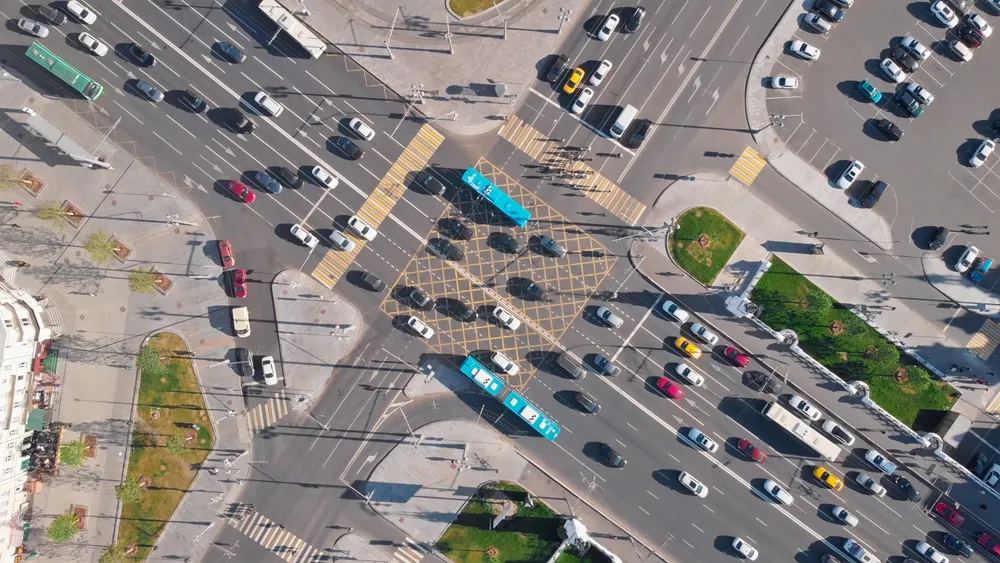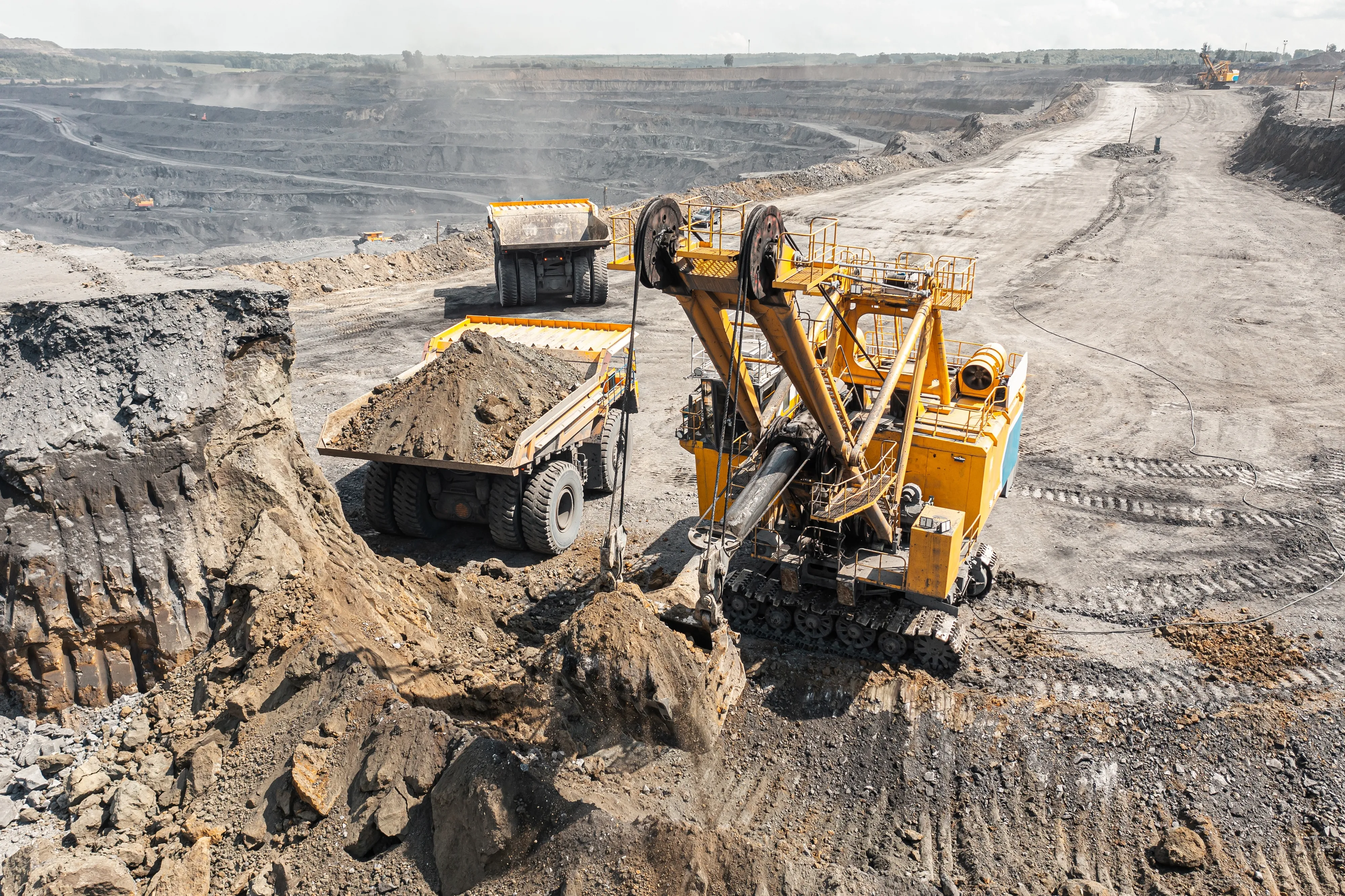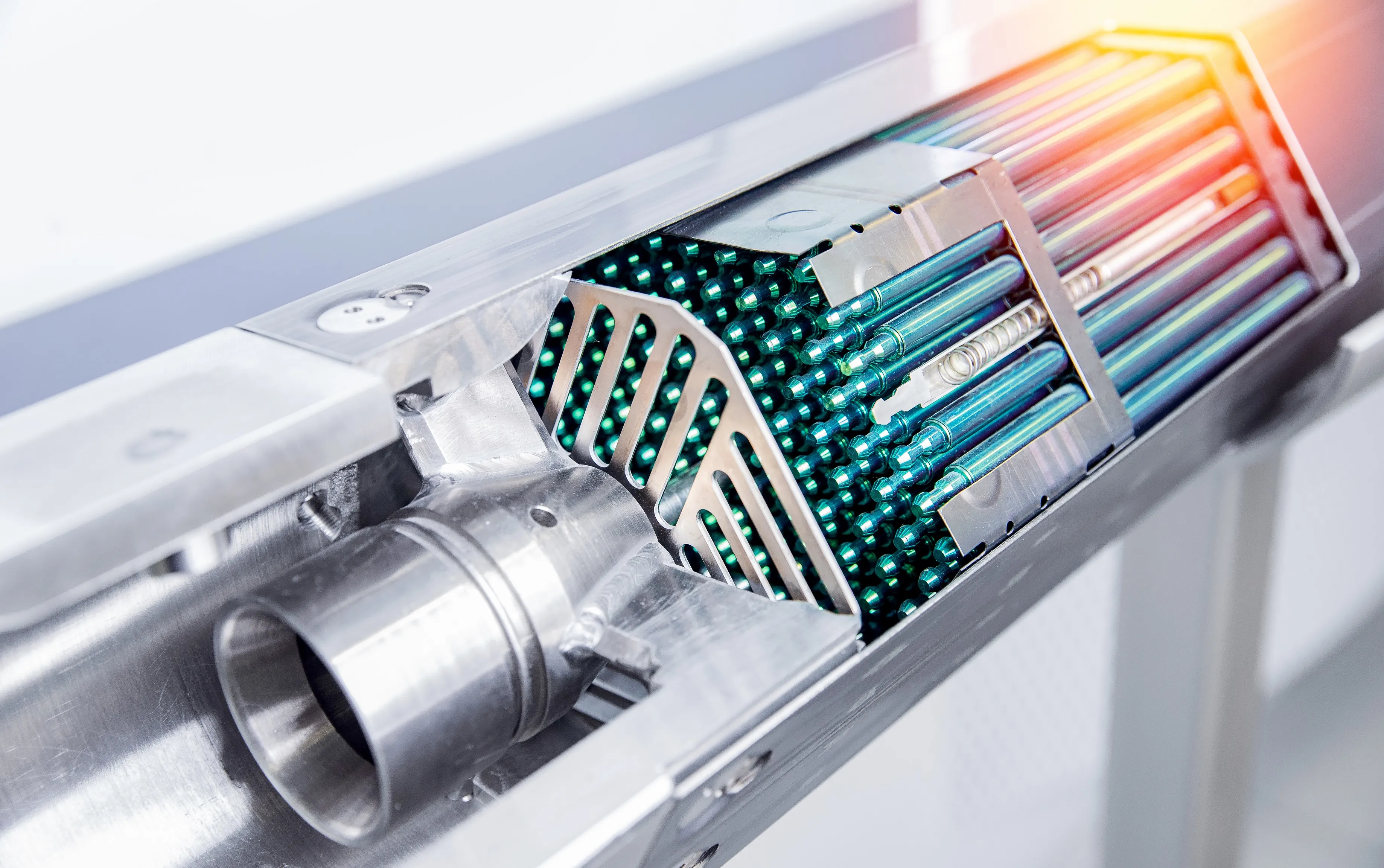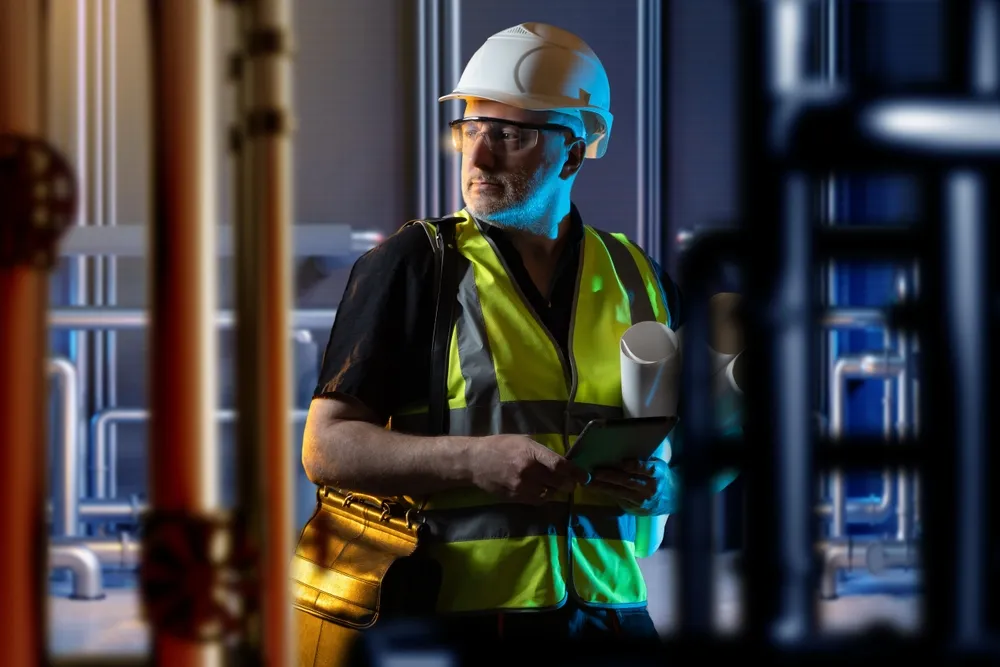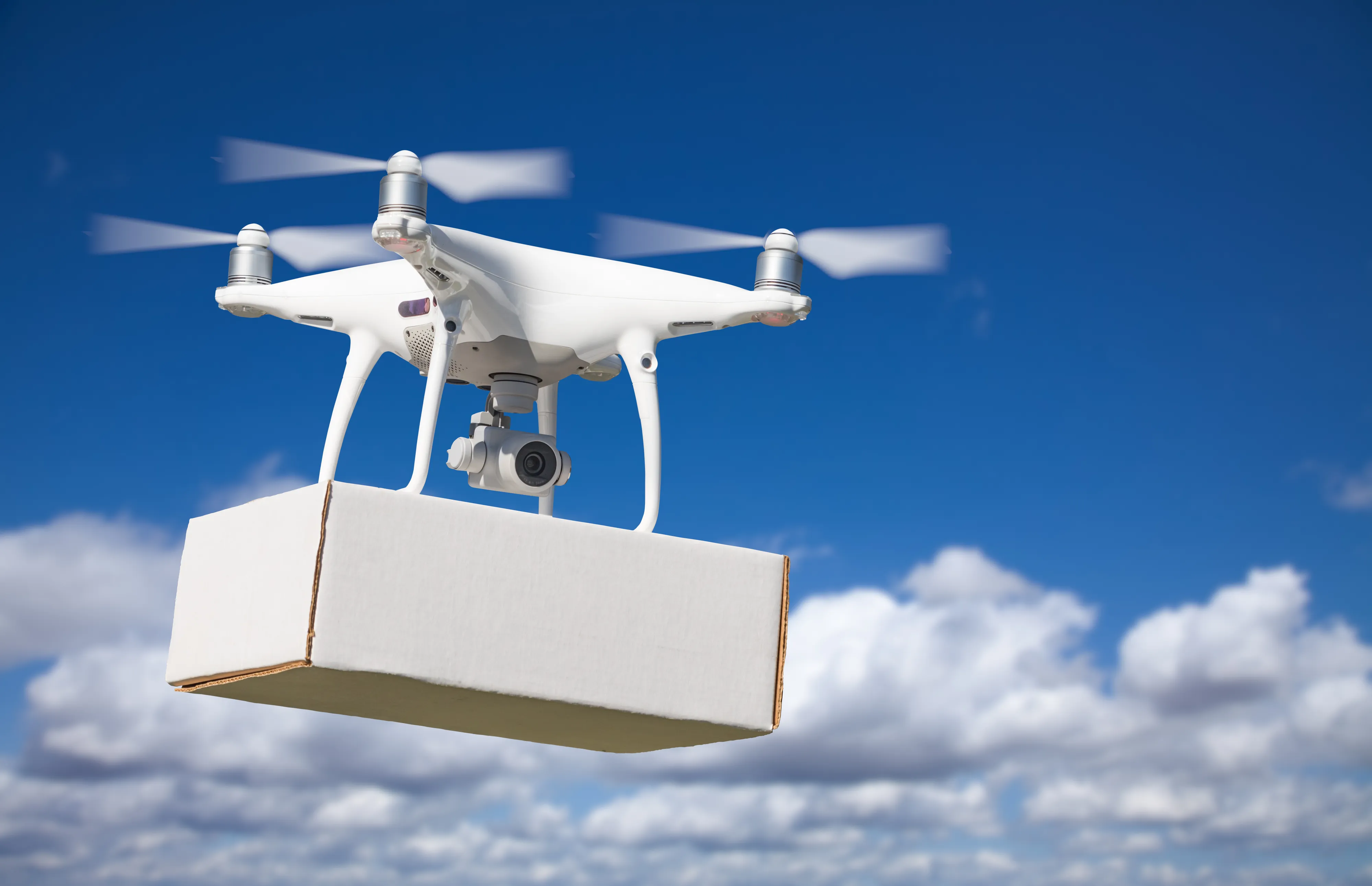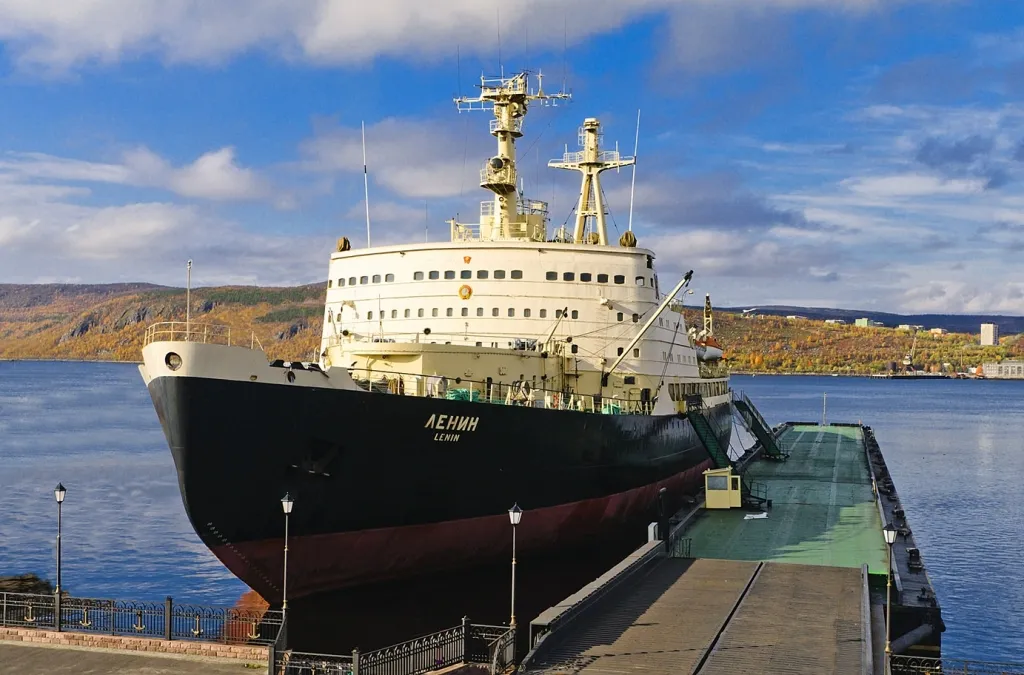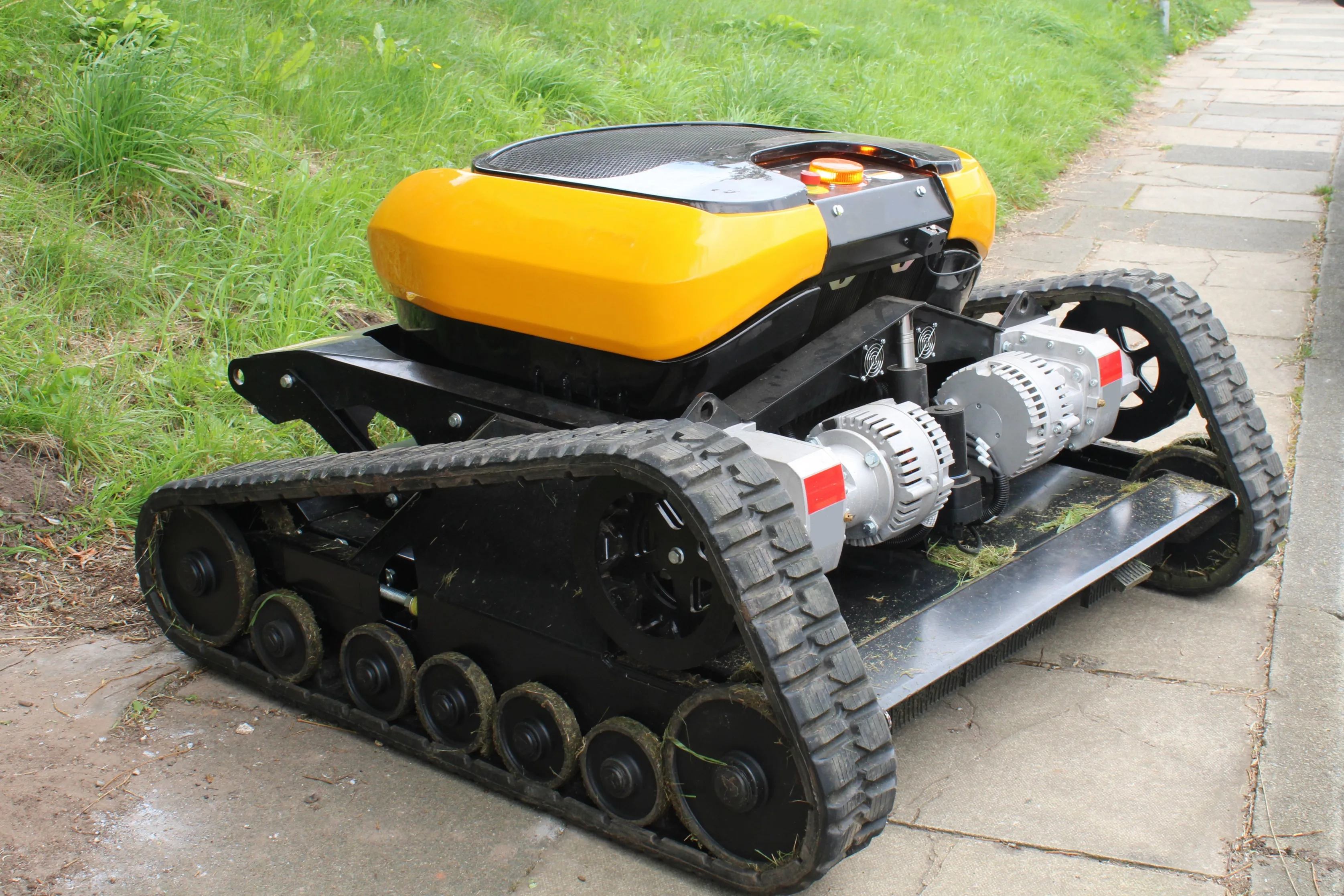Russia Tests Real-Time Bio-Research Module for Deep Space Missions

Engineered for the harsh vacuum of orbit, Russia’s new "Telenauka" module will monitor how life reacts to space in real time—and help prepare for lunar and Martian missions
Russian engineers have successfully completed testing of "Telenauka," a cutting-edge scientific module designed for the upcoming Bion-M2 spacecraft. The announcement came from Roscosmos and the state-owned electronics holding Roselectronika, who say the technology represents a major leap in real-time biological research in space.
The module is built to study how living organisms respond to microgravity and cosmic radiation. It’s equipped with 25 monochrome cameras that record both visible and infrared spectrums at 30 frames per second and a resolution of 960×960 pixels. Five onboard recording units and a central control block coordinate up to 7.68 terabytes of compressed data, captured during flight and sent back to Earth via the satellite’s command system.
All of this gear will be installed directly into the spacecraft—including compartments housing biological samples for experimental observation. The Bion-M2 is slated for launch into an orbit roughly 800 kilometers above Earth—almost twice the altitude of the International Space Station. That higher vantage point will allow scientists to simulate deep space conditions more accurately, studying long-term exposure to space radiation and environmental stressors astronauts may face beyond low Earth orbit.
The data generated by Telenauka could be crucial for planning future crewed missions to the Moon and Mars. According to its developers, the module is not just a scientific instrument, but a testament to Russia’s enduring expertise in space biotech and its growing commitment to interplanetary exploration.





